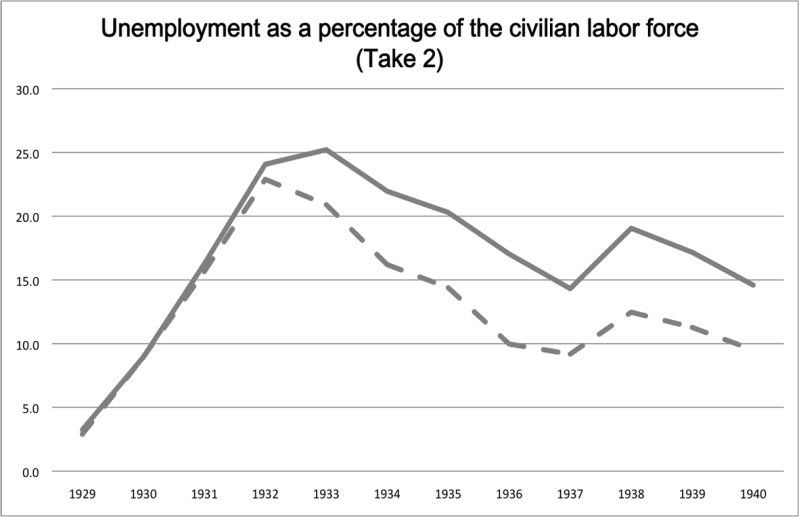- Joined
- Oct 11, 2005
- Messages
- 6,698
- Reaction score
- 1,539
- Location
- The City Different
- Website
- www.chrisjohnsonmd.com
One of my favorite blogs is a joint effort among nine people. Some are historians, others are philosophers. They call it "The Edge of the American West". It's about many things, reflecting the interests of its contributors. (One recent piece was a deconstruction of Watchmen.) Today's offering is about the nature of historical truth. Its essential argument is not a new one -- historical objectivity is not really possible because reality is a slippery thing and whatever we observe we do through our own mental filters. In fact, pretensions to "factual" objectivity are just another form of bias. Of course this all sounds like typical post-modernist stuff. The fun part about the piece is that it is based on essays by Carl Becker appearing in The Atlantic in 1910. Becker's title was "Detachment and the Writing of History." The blog post quotes extensively from them.
So even in the middle of the era of "scientific history," (say, the late 1800s to WW II), there were rumblings such a fanciful thing is not attainable. The historian cannot, and by implication should not, detach from that which he or she is studying and writing about. The important thing is to recognize this, even embrace it, and be honest with the reader about it.
It's a good piece, and the blog is interesting to visit now and then -- new stuff goes up frequently.
So even in the middle of the era of "scientific history," (say, the late 1800s to WW II), there were rumblings such a fanciful thing is not attainable. The historian cannot, and by implication should not, detach from that which he or she is studying and writing about. The important thing is to recognize this, even embrace it, and be honest with the reader about it.
It's a good piece, and the blog is interesting to visit now and then -- new stuff goes up frequently.
Last edited:



